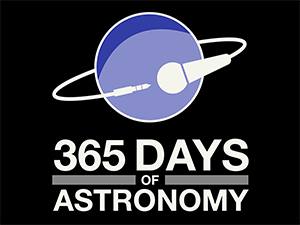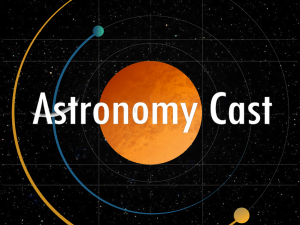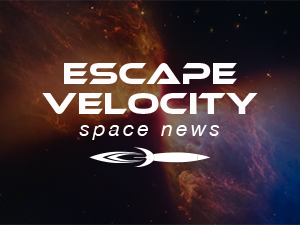(This is a guest post from Whitney Cobb of CosmoQuest partner McREL International, and head of professional development for teachers for CosmoQuest)
In October, teachers representing every Guam Department of Education (DOE) K-12 school traveled through our solar system, becoming citizen scientists, contributing to real science research, and investigating innovative NASA engineering and science activities they can share with colleagues and implement in the classroom right away.

Comparing and contrasting NASA images of the Moon & Earth with CQ’s TerraLuna. Credit: Whitney Cobb
Whitney Cobb, with non-profit McREL International, led two daylong CosmoQuest workshops on October 4 and 5. Participants engaged in a sequence of NASA mission-inspired activities that support Guam DOE’s STEM Strategic Plan, exploring the solar system, building analysis skills using authentic NASA image data, and setting the stage for Planetary Mappers citizen science.

Technology success on a team-built model of citizen science partner, O-REx. Credit: Whitney Cobb
CosmoQuest TerraLuna activities dove-tailed into NASA’s Discovery and New Frontiers Programs’ Art and the Cosmic Connection to help educators gain a context for Planetary Mappers. They designed MISSIONMakers Simple Machine Shoebox Rovers and built tech-rich mobiles of OSIRIS-REx and its destination, asteroid Bennu, a future CosmoQuest citizen science partner. Hands-on, offering real-world applications, the activities integrate multi-media and cross-curricular opportunities that inspire the whole child while building new skills and STEM career identity. From there, K-12 Educators began planning implementation and differentiation in their respective settings in alignment with the GDOE STEM Strategic Plan.

Art & Cosmic Connection offers tools for visual analysis. Credit: Whitney Cobb.
This endeavor is supported by CosmoQuest, an education project funded by a grant through NASA’s Science Mission Directorate. CosmoQuest engages learners in classrooms, science camps, out-of-school time, planetariums, and museums through face to face and virtual opportunities. A collaboration between universities, research institutes, and NASA centers, the CosmoQuest Collaboration brings together scientists, researchers, programmers and citizens of all ages to explore and make sense of our solar system and beyond, capped by CosmoQuest’s citizen science initiatives.



